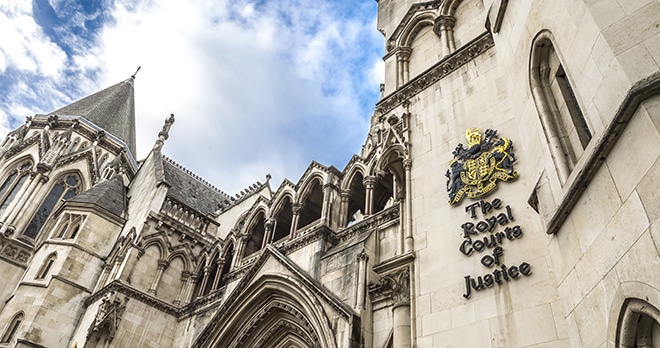Interested Persons at inquests: who are they and what are their rights?

The purpose of an inquest is to establish who the deceased was and where, when and how they came about their death. This blog considers other parties with a right to be involved in the inquest, known as ‘Interested Persons’.
Who is an Interested Person?
Broadly speaking, an Interested Person is someone who has the right to actively participate in the inquest proceedings, whether by virtue of relationship to the deceased, involvement in the circumstances of the death or at the discretion of the coroner.
An ‘Interested Person’ is defined in section 47(2) of the Coroners and Justice Act (CJA) 2009. This includes a long list of classes of people who may be deemed to be an Interested Person in an inquest, including: the deceased’s spouse, civil partner, partner, parent, child, sibling, grandparents, step parents and half siblings.
Generally, there is unlikely to be any issue in the immediate family securing direct involvement in the inquest hearing, though problems can arise in certain situations, for example where a family is divided and there is acrimony; where the deceased has no known family; or where the family have no interest in the inquest or are obstructive to it taking place.
Other Interested Persons listed under the Act include:
- personal representative of the deceased’s Estate (i.e. the Executor of their Will);
- a beneficiary under a policy of insurance issued on the life of the deceased;
- a person who may have caused or contributed to the death of the deceased;
- any other person who the senior coroner thinks has a sufficient interest.
Occasionally, an organisation with no direct knowledge of the primary facts may be permitted to ‘intervene’ in an inquest if the coroner deems it to be appropriate, for example, the Care Quality Commission may be present at the inquest of a death in a care home’
The rights of Interested Persons at an inquest
The key rights of Interested Persons during an inquest include:
- to be notified by the coroner about key aspects of post mortem or toxicology analysis;
- to be notified of the dates of post mortem and the release of the body;
- to be notified of the date, time and place of the inquest hearing within one week of the date being set;
- to receive disclosure of documentation held by the coroner including that which the coroner considers is relevant to the inquest (subject to certain exceptions);
- to see written evidence and to object to it being adduced at a hearing;
- to question witnesses at the inquest hearing.
These are significant rights conferred on Interested Persons during an inquest with a view to them being able to participate fully in the process and to assist the coroner’s inquiry.
Legal representation
An Interested Person may choose to represent themselves at an inquest. However, given the importance of the hearing to Interested Persons who are members of the deceased’s family, I would always recommend obtaining specialist legal advice and representation if at all possible.
It can be very difficult to put questions to witnesses in an inquest, particularly for family members while they are grieving for the loss of their loved one. This can be heightened if other Interested Persons, particularly those who may have caused or contributed to the death, have legal representation at the inquest. There has been much in the news recently, following the Hillsborough inquests, calling for family members to have access to legal representation at such inquests to ensure ‘equality of arms’. My colleagues and I regularly represent families as Interested Persons at inquests, particularly where the death occurred in a hospital or a prison, and can advise on the possible methods of funding available for representation.
Get in touch with our enquiries team to see if our expert inquest solicitors can help you.
Call now

Find out more about the inquest process
Read our in-depth guide to inquests for more information about the process and terminology.
Our specialist inquests team has written a comprehensive guide to inquests, including information on pre-inquest reviews, the inquest process itself, and the terminology used in the process too.










